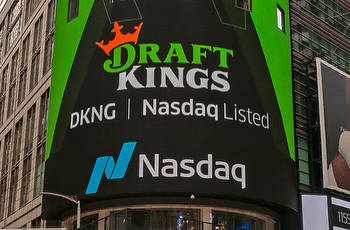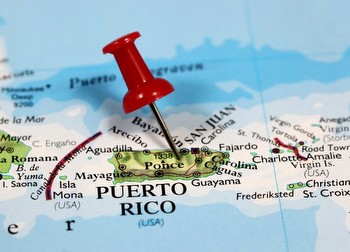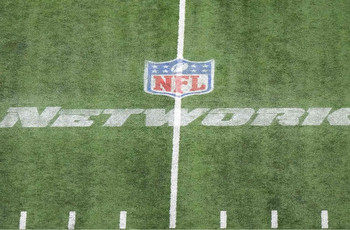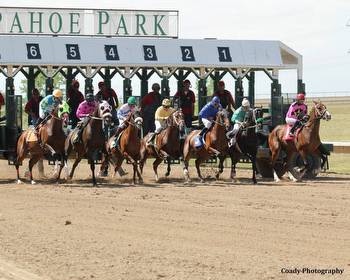Legal Sports Betting a Growing Source of Tax Revenue for Many States

Legalized sports betting is a growing business in many U.S. states and the tax revenue it generates funds various state resources from roads and highways to public education, law enforcement and gambling addiction programs.
The Super Bowl just took place on February 11 but there are many more big sporting events on the roster this year from March Madness to the World Series. So just how much tax revenue and gross receipts come from sports betting in states where it’s legal?
The U.S. Census Bureau’s Quarterly Survey of State and Local Tax Revenue (QTAX) recently added sports betting (including pari-mutuels) to the extensive list of state and local tax revenue sources it already tracks.
Sports betting became possible in May 2018 when the Supreme Court struck down the Amateur Sports Protection Act. Since then, 38 states as well as the District of Columbia and Puerto Rico have legalized some form of sports betting though not all have implemented it.
In the third quarter of 2023, the most recent version of the QTAX, sports betting generated national state level sales tax and gross receipts of $505.96 million, up 20.5% from the same quarter a year before, but down from $571.48 million the second quarter of 2023.
New York was the state with the largest share of the nation’s tax revenue in the second quarter of 2023: $188.53 million or more than 37% of total tax revenue and gross receipts from sports betting in the United States. Indiana ($38.6 million) and Ohio ($32.9 million) followed.
Sports betting became possible in May 2018 when the Supreme Court struck down the Amateur Sports Protection Act. Since then, 38 states as well as the District of Columbia and Puerto Rico have legalized some form of sports betting though not all have implemented it. Vermont was the most recent state to legalize it beginning January 11 of this year.
This survey provides tax data on property taxes, license taxes, income taxes, and sales and gross receipts taxes. The QTAX collects state and local tax revenue data on these categories:
- Property Taxes
- Sales and Gross Receipts Taxes for:
- Motor Fuels
- Alcoholic Beverages
- Public Utilities
- Insurance Premiums
- Tobacco Products
- Amusements
- Sports betting (including pari-mutuels)
- Other
- License Taxes for:
- Alcoholic Beverages.
- Public Utilities.
- Motor Vehicles.
- Motor Vehicle Operators.
- Hunting and Fishing.
- Corporations In General.
- Amusements.
- Occupation and Businesses.
- Other.
- Income Taxes (Individual and Corporation Net Income).
- Other Taxes (Including Death/gift, severance, documentary/stock transfer).




































